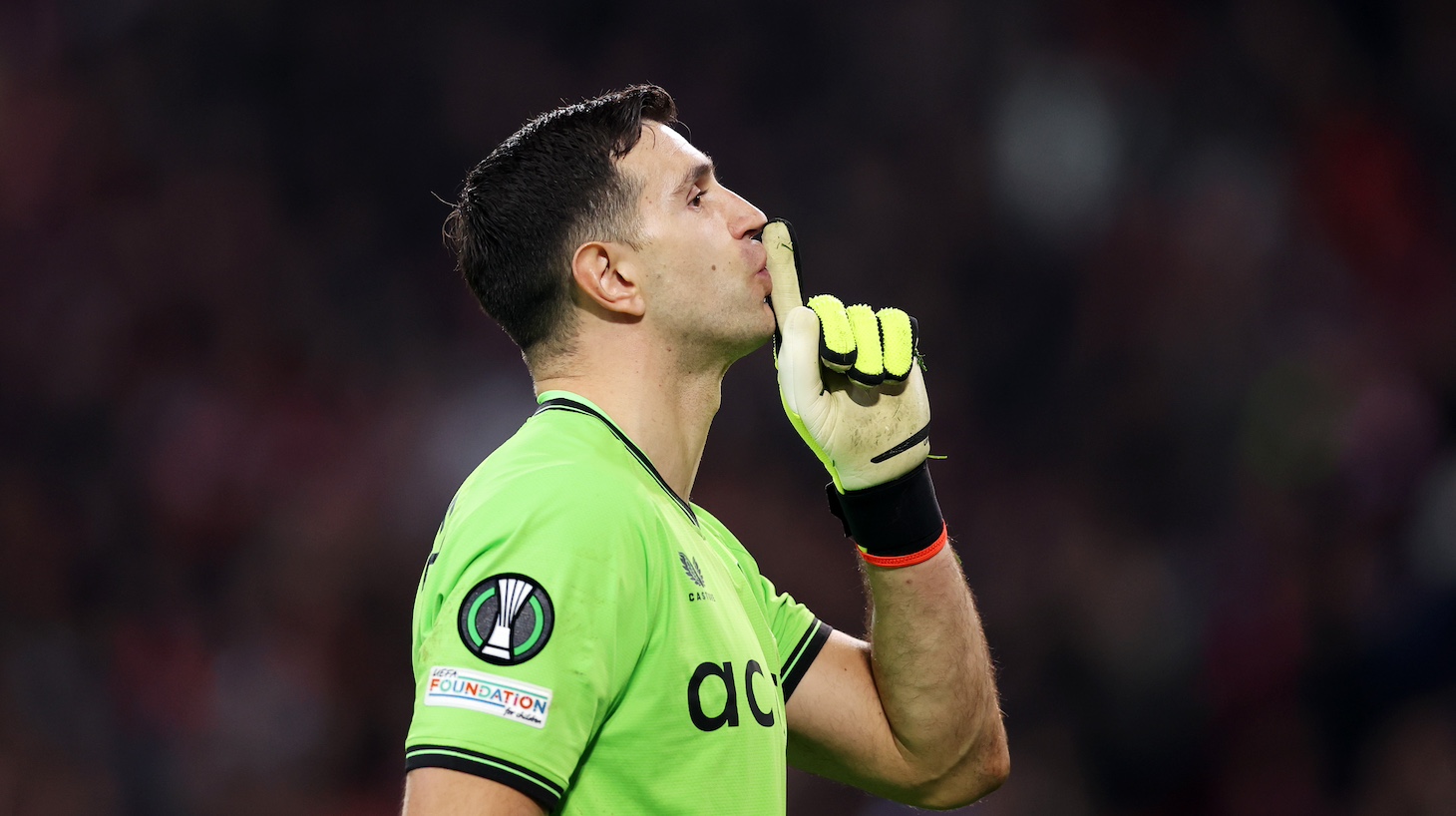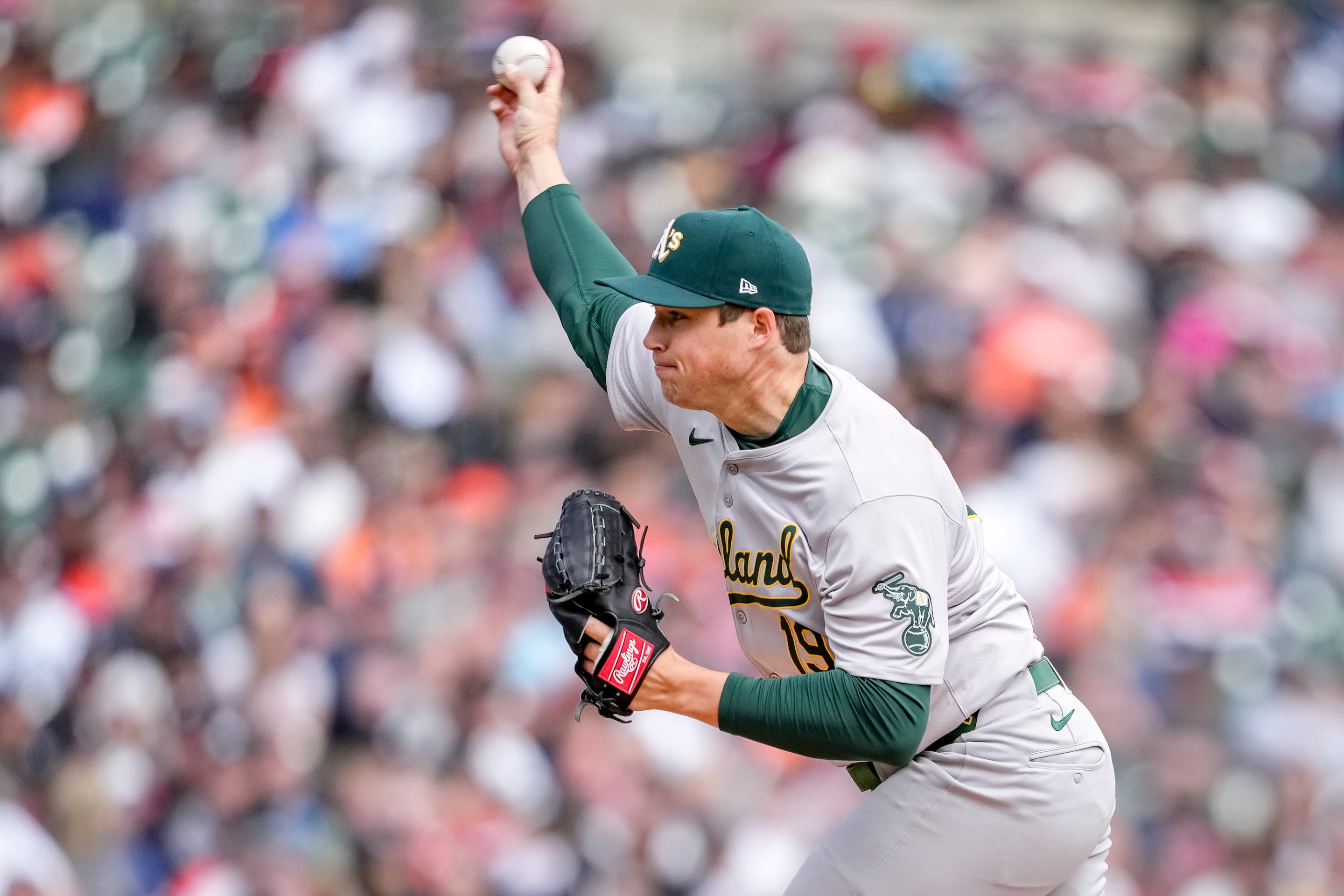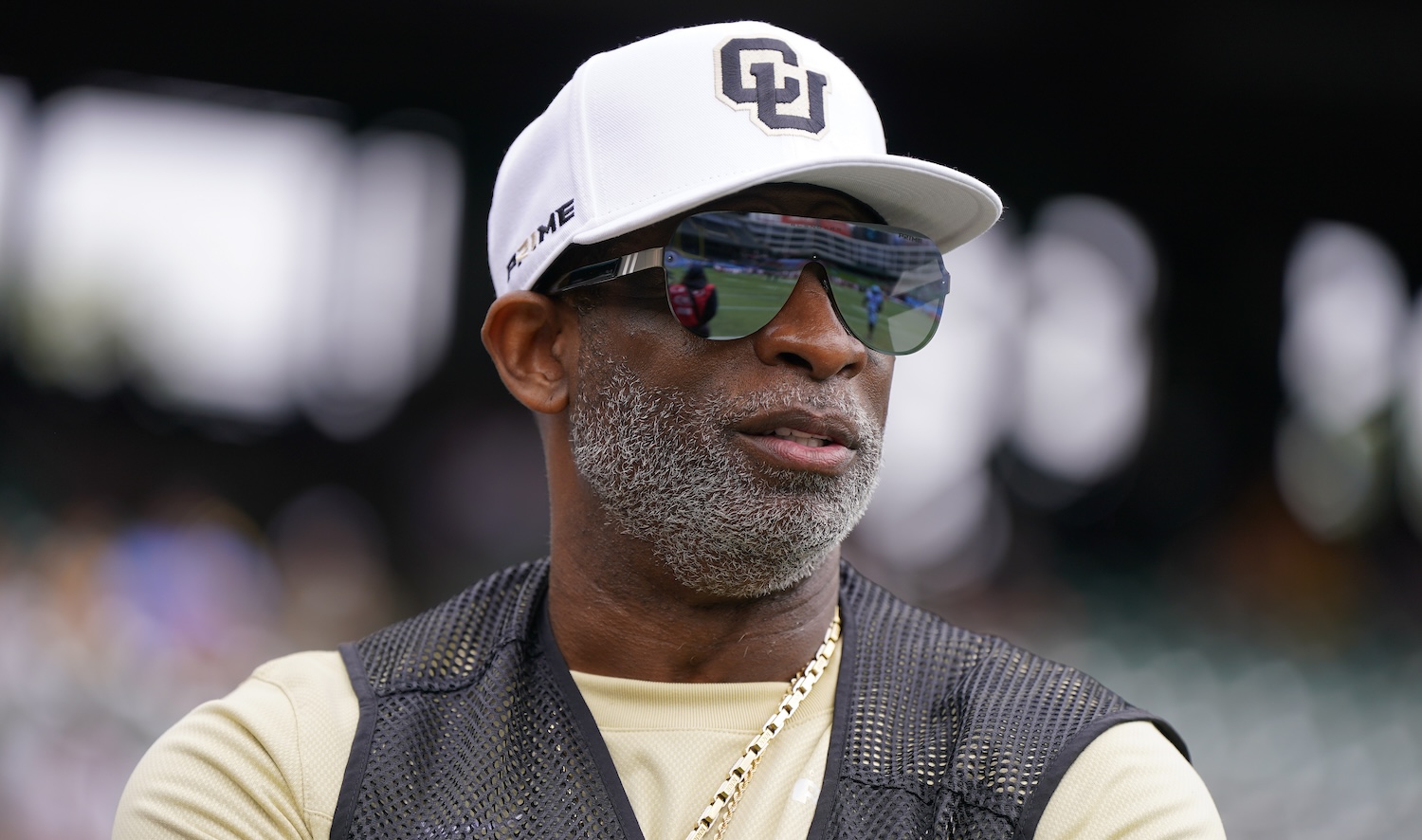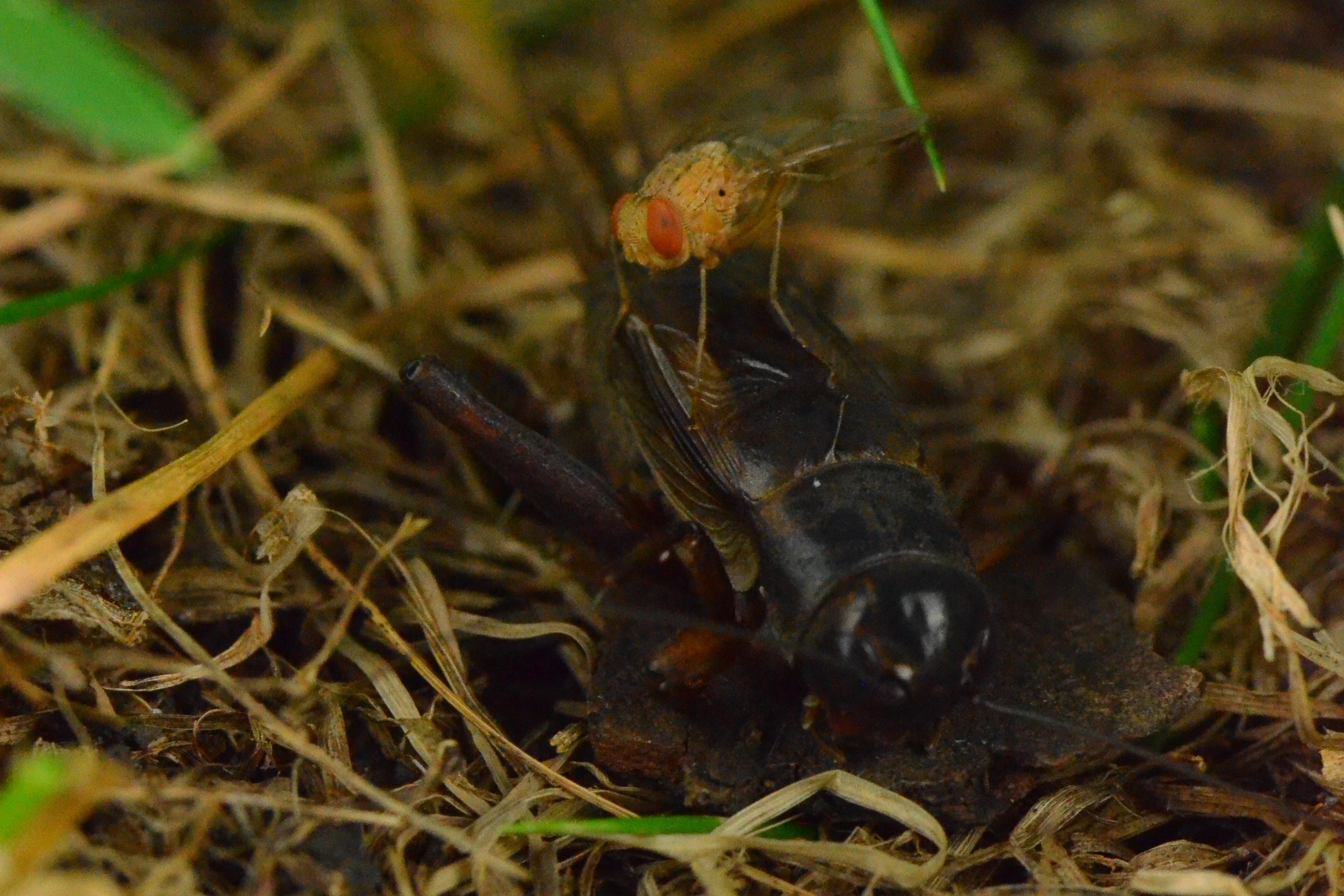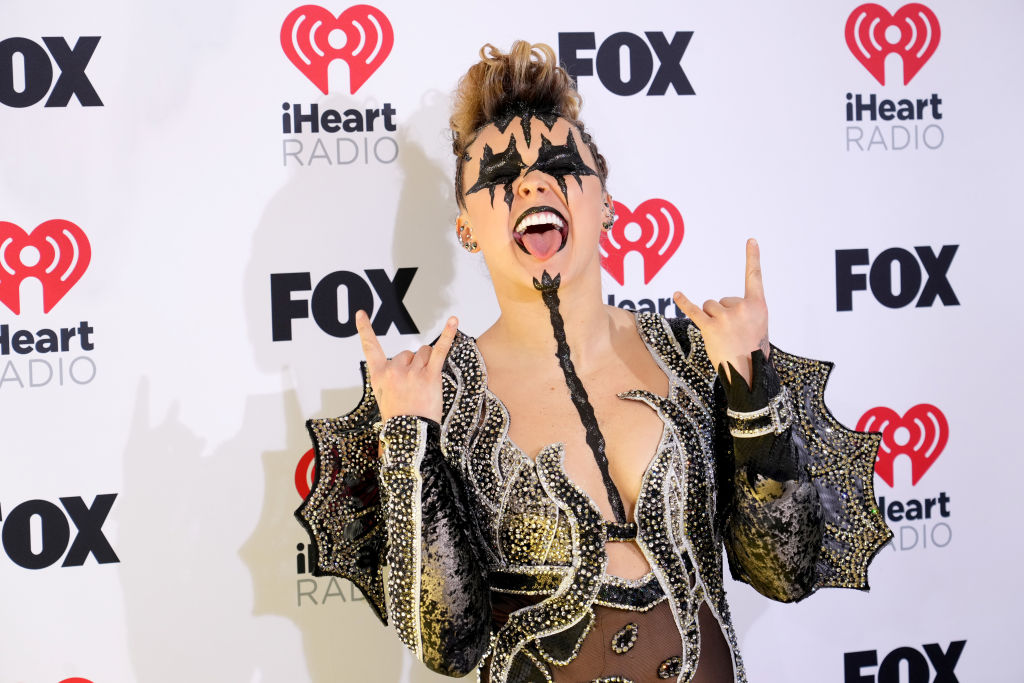Do We Really Need Bare Knuckle Boxing?
3:11 PM EDT on October 7, 2021
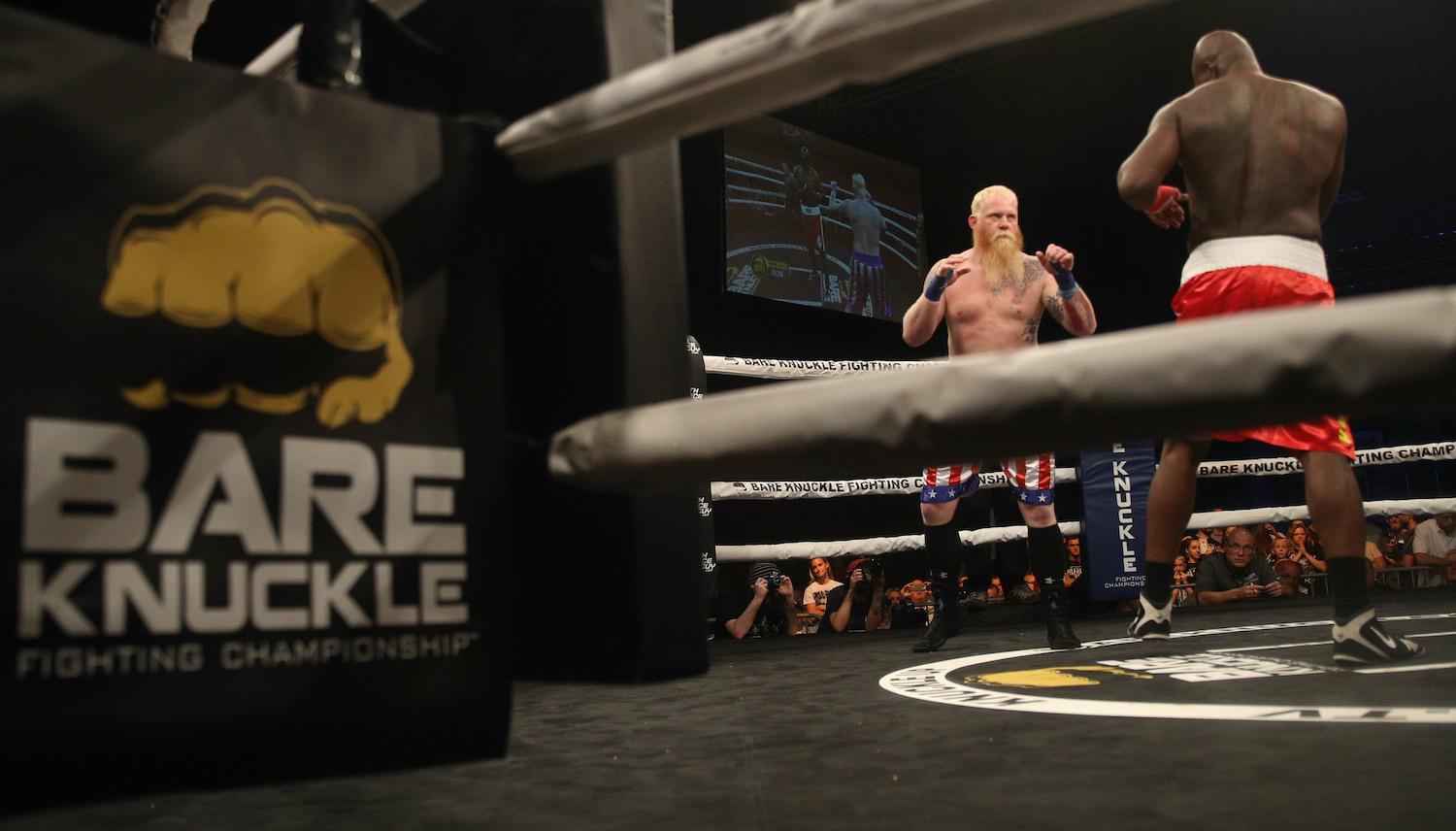
In late August, the Bare Knuckle Fighting Championship held BKFC 20, the 21st pay-per-view card of the organization's three-year existence. (The numbered order was briefly derailed by BKFC: KnuckleMania.) The main and co-main events featured UFC veterans Johnny Bedford and Alan Belcher, and former UFC contender Melvin Guillard fought further down the card. Fighters in this tier—old, but with a reasonable pro pedigree—are meant to legitimize BKFC's product, the unalloyed grossness of which came to the fore in a short, awful fight held between the Belcher and Guillard bouts.
Heavyweights Dillon Cleckler and Justin Thornton met on the main card, and the far more qualified Cleckler knocked Thornton out in 19 seconds, sending him face-first to the canvas with a right hand. Thornton was stretchered out of the arena and immediately hospitalized. According to a post on Thornton's personal Facebook page on Sept. 23, he was paralyzed and placed on a ventilator as he dealt with spinal injuries and a subsequent lung infection. He died this past Monday, at the age of 38. BKFC put out a short statement on Thornton's death, locking the comments on both Twitter and Instagram.
— Bare Knuckle FC (@bareknucklefc) October 5, 2021
Cleckler and Thornton had fought once before, with Cleckler knocking Thornton out in 65 seconds in 2013. The rematch probably should have never been certified in the first place, as Cleckler holds a 11-1 professional fighting record and Thornton stepped into the ring at 6-18. Even with gloves, and even by the icky ethical standards of professional fighting, it would be hard to justify pitting these two men against each other. When the brutality is scaled up and the health risk becomes that much more stark, it is enough to make a person wonder whether there should be sanctioned bare knuckle fighting in the first place.
The most high-profile names fighting under the BKFC banner are all experienced MMA veterans, the exact sort of people who've taken enough attritional damage over their careers to be awfully vulnerable to serious injury in something as risky as a bare knuckle boxing bout. As dangerous as the fighting is, BKFC is often one of the last organizations that will offer a (reportedly competitive) paycheck to older fighters, and its five champions are all veterans of big-time MMA organizations between the ages of 38 and 43.
It is nigh-impossible to leave the professional fighting game on one's own terms, with one's body reasonably intact, and with an amount of money that made the brutal sacrifices all worth it. Only the elite of the elite are actually paid well, and unless you are an all-world talent like Khabib Nurmagomedov and you step away in our prime, you probably will not have made enough money to have gotten out before your body starts to degrade. This ugly truth is at the heart of the fight for long-term health benefits in the UFC, and it's part of what makes BKFC's broader gambit so gross.
Fighters will always keep fighting past the point of safety, because there really is no point of safety in this sport, and because people need money to live. It's left up to organizations and commissions to make hard choices about other people's livelihoods and health, and BKFC's business model inherently depends on ignoring the medical realities of their own product. Fewer protections plus more vulnerable fighters is an awful combination. As Association of Boxing Commissions president Mike Mazzulli told MMA Junkie, "These guys are recycling these MMA fighters that shouldn’t be fighting any more. They will not pass tests to be an MMA fighter so they go to bare knuckle boxing. … This is a fine example of what is wrong with bare knuckle boxing and what they are doing to these fighters. It bothers me. We talk about fighter safety and protecting the fighter at all costs. … This has got to stop."
It is generally not a good thing to cede the ethical high ground to Dana White, who harshly criticized BKFC at a presser this week, and highlighted the meaningful ways his organization (which is not a paragon of labor relations) is better at handling fighter safety. BKFC pretty clearly models itself as a sort of remora on the side of the UFC, and their uncomfortable regulatory history is part of the organization's creation myth. BKFC's first event was held in April 2018 in Wyoming, which agreed to host the bout after 28 other states passed. The fight card that night was the first public bare knuckle boxing card held in the U.S. since an 1889 bout in Mississippi. That fight happened before Wyoming was even a state and still resulted in the arrests of both fighters. Bare knuckle fighting faced a long road back to legality; even then, an ESPN in-depth feature on the process highlighted a number of unanswerable questions the organization faces.
In his own tribute to Thornton, Cleckler wrote, "Any man or woman who steps in the ring or the cage is special, they take a risk that 99.99% of the world would never take and sometimes I still don’t know why we do it ... but Justin was a fighter his entire life and deserves nothing but respect!!!" Thornton's sister commented, asking people to respect the family's privacy, and wrote, "Yes he loved (fighting)—we wish he had give up a long time ago but he died doing what he loved."
If you liked this blog, please share it! Your referrals help Defector reach new readers, and those new readers always get a few free blogs before encountering our paywall.
Staff Writer
Read More:
Stay in touch
Sign up for our free newsletter
